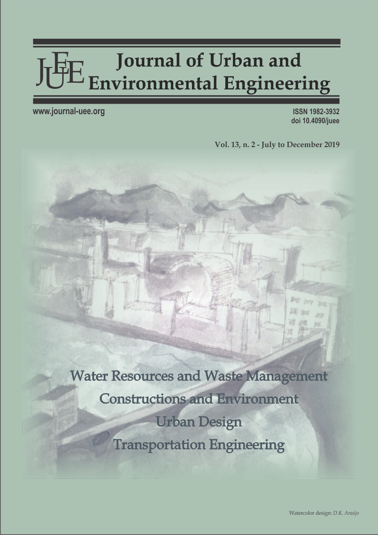IS CONGESTION PRICING AN URBAN MOBILITY SOLUTION TO BRAZILIAN CITIES?
DOI:
https://doi.org/10.4090/juee.2019.v13n2.302-316Keywords:
Congestion pricing, public acceptability, simulation, Brazil, Urban Mobility PolicyAbstract
The congestion pricing is a measure of travel demand management to discourage car use with low public and political acceptability. In the Brazilian context, the Urban Mobility Policy considers this measure to mitigate the congestion. In this paper, we present an exploratory analysis to identify the characteristics considered important by Brazilian transport experts to the implementation of the congestion pricing. The residents assessed these characteristics to identify the preference and acceptability of this scheme in Belo Horizonte (Brazil). We obtained the data from a Web-based survey from experts and residents. With the results, we simulated scenarios reducing the number of private cars in order to evaluate the real benefits of congestion price in a real network. According to Brazilian transport experts, the congestion pricing can be an efficient and well-accepted demand management measure, if the profit subsidises the public transportation systems (bus and rail) and the infrastructure to non-motorized transportation, with active public participation in the decision-making. Considering the residents’ results, we identified favourable public acceptability considering the benefits of public transport investment from the revenue obtained out of the congestion charges. However, availability for payment has a high rejection rate, although implementation strategies are perceived as advantages. The simulation indicates the reduction of travel time (seconds/km), delay time (seconds/km), queue length (vehicle) and density time (vehicle/km) indicating congestion reduction and, consequently, improving the urban mobility. The contribution of this paper is one methodology considering the Brazilian context to evaluate the congestion-pricing scheme from experts and residents point of view. Also, the results could support the discussion about the implementation of the congestion charging in Brazilian cities.Downloads
Download data is not yet available.
Downloads
Published
2019-10-06
Issue
Section
Articles




